ADVERTISEMENT

The head of Breitling says the major Swiss watch brand has shipped enough stock to U.S. retailers to avoid price hikes for about three months, giving time for Swiss government officials to win an agreement to reduce brutal tariffs imposed on U.S. imports from the Alpine nation. Georges Kern says Breitling, best known for its Navitimer chronograph model, will hold off on boosting prices in the U.S. market for now, as the Swiss government has made a new "optimised'' trade deal offer to the U.S. after being hit with 39% tariff rates, the highest in the developed world.
"We have been shipping stocks to the U.S. for three months of operations over the last couple of months and took measures in anticipation,'' Kern says in an interview with Hodinkee in Switzerland.
"So we planned for the worst-case scenario, which has happened. We have three months now, which will help us, and will hopefully help the government to find a solution,'' he says.
Switzerland was blindsided by the 39% tariff level that came into effect on August 7th. The Swiss government and officials believed they had won a deal to keep the border levies at a rate similar to their European Union and Japanese counterparts, which won agreements for tariffs of 15%. But a phone call between Swiss President Karin Keller-Sutter and U.S. President Donald Trump on the eve of an August 1st deadline derailed an accord. Now, the Swiss industry, including its critical watchmaking sector, is facing massive cost increases to import products to the U.S., the top national market for Swiss watches, accounting for about 20% of exports.
Kern, who took over the top job at private-equity-backed Breitling in 2017 and has orchestrated a revival at the historic brand while growing annual sales close to CHF 1 billion, says if the Swiss don't win better trade terms with the U.S., he'll have no choice but to hike prices globally.
"Assume we don't find a solution in the next three months, then obviously we will have to increase prices. We will have to discuss with our partners to reduce margins. We will have to consider price increases, not only in the U.S., but in the rest of the world. Because you cannot just increase prices by 39% in the US, which is a market that is booming right now,'' he says.
The Swiss Federal Council held an emergency meeting this week after a last-minute trip to Washington failed to win a reprieve. At a press conference in Bern, the Swiss capital, President Karin Keller-Sutter, who is also the Swiss finance minister, said talks with the U.S. are continuing and that Switzerland has presented an "optimized" offer. She did not provide details of the latest bid, saying that the government wanted to lower tariffs "but not at any price." Meanwhile, Swiss economy minister Guy Parmelin says that the government furlough program, also known as short-time work, that some watchmakers have used amid slowing demand from other key markets such as China, will be extended.
Some U.S. retailers of Swiss watches have also been stocking up ahead of the surprise tariff shock and may be able to avoid price increases in the short term. Gabe Reilly, a co-founder of Collective Horology in Ventura, California, which sells independent Swiss-made brands including Czapek, Horologer Ming, Speake-Marin, and Zeitwinkel, says the retailer has been preparing for such a scenario.
"Over the summer, we placed larger inventory orders, all of which shipped by the August 7 deadline. July is typically a heavy shipping month due to the Swiss holiday calendar, so we have enough stock to carry us through the end of the year. Other retailers and brands we've spoken with have done the same. In fact, some even delayed their summer breaks to get extra shipments out,'' he says.
Still, if the Swiss can't secure a better tariff deal with the U.S., Reilly says they'll have to consider how to share the economic pain among brands, retailers, distributors, and ultimately clients.
"It's a major shift. The U.S. hasn't seen tariffs like this in nearly a century. It's a tax on American consumers and businesses, and a headwind for Swiss exports,'' Reilly says. "We're hopeful a more reasonable deal can be reached soon."
Collective founders Asher Rapkin (left) and Gabe Reilly (right). Photo courtesy of Collective Horology
The heavy U.S. tariffs are already rippling through nearly all facets of the industry. Shahzaib Khan, of K2 Luxury, a dealer of pre-owned, high-end Swiss watches in Geneva, says he's stopped shipping timepieces to clients in the U.S., as Switzerland seeks a better deal. If a deal isn't reached by September, he expects "catastrophic" consequences for exporting brands. If no deal is reached, there could be a 20% to 30% reduction of orders from the U.S. that "will lead to an inevitable reduction in production and ultimately job cuts," he says.
Breitling's Kern says he's still optimistic a better deal can be won, as gold refined in Switzerland accounts for more than half of the U.S. trade deficit with Switzerland and is not subject to the tariffs. He also expects the U.S. to take stock of the significant investments made by the Swiss in the U.S. economy and the hundreds of thousands of American jobs at relatively high salaries that Swiss companies create. He also expects Switzerland's pharmaceutical companies, whose products are also not subject to the 39% tariffs, with drugs being carved out to be treated separately, can play a role in a solution.
"We are all civilized people. We all want to make business. We all want to make trade in a fair and reasonable manner,'' Kern says.
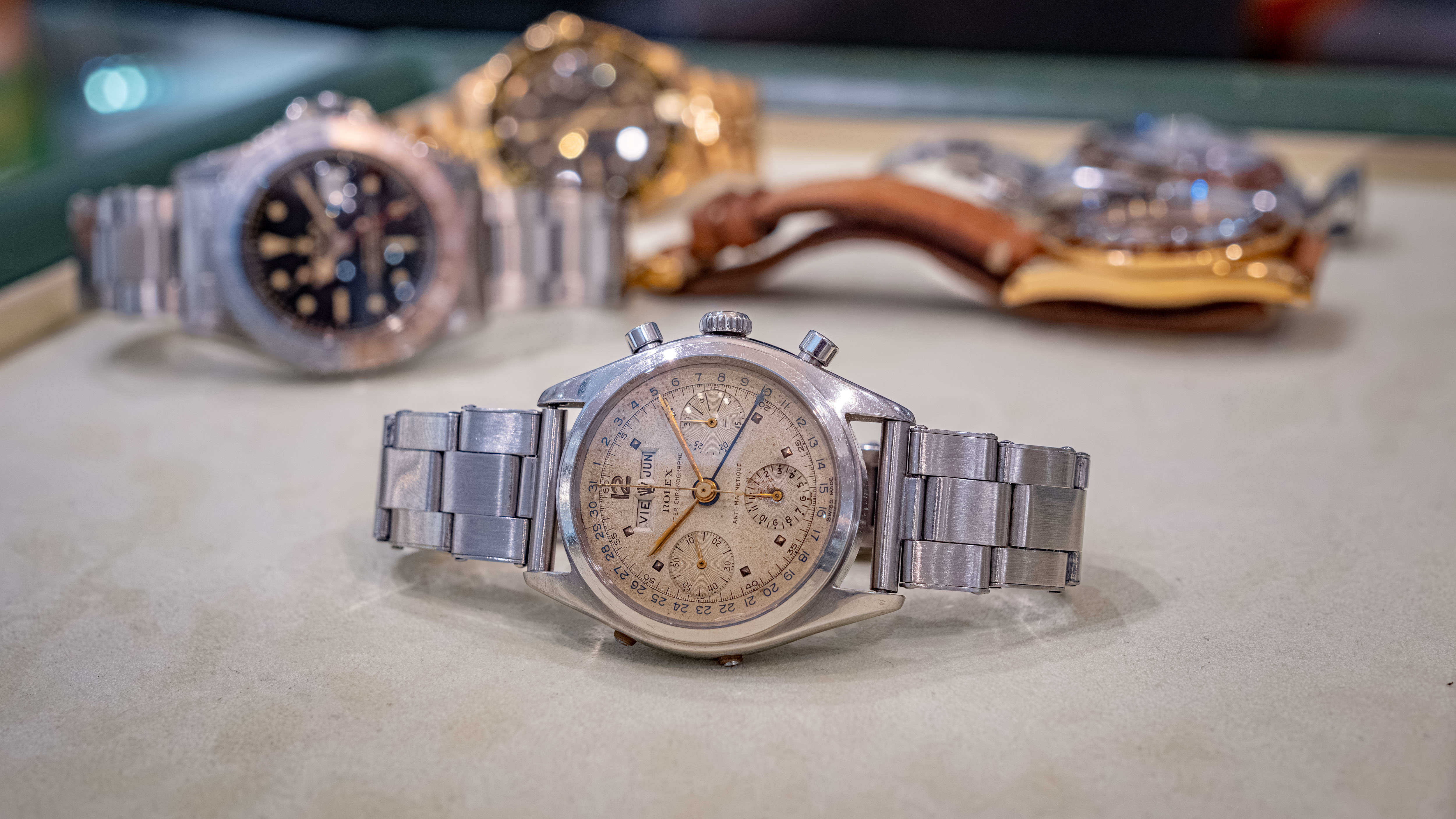


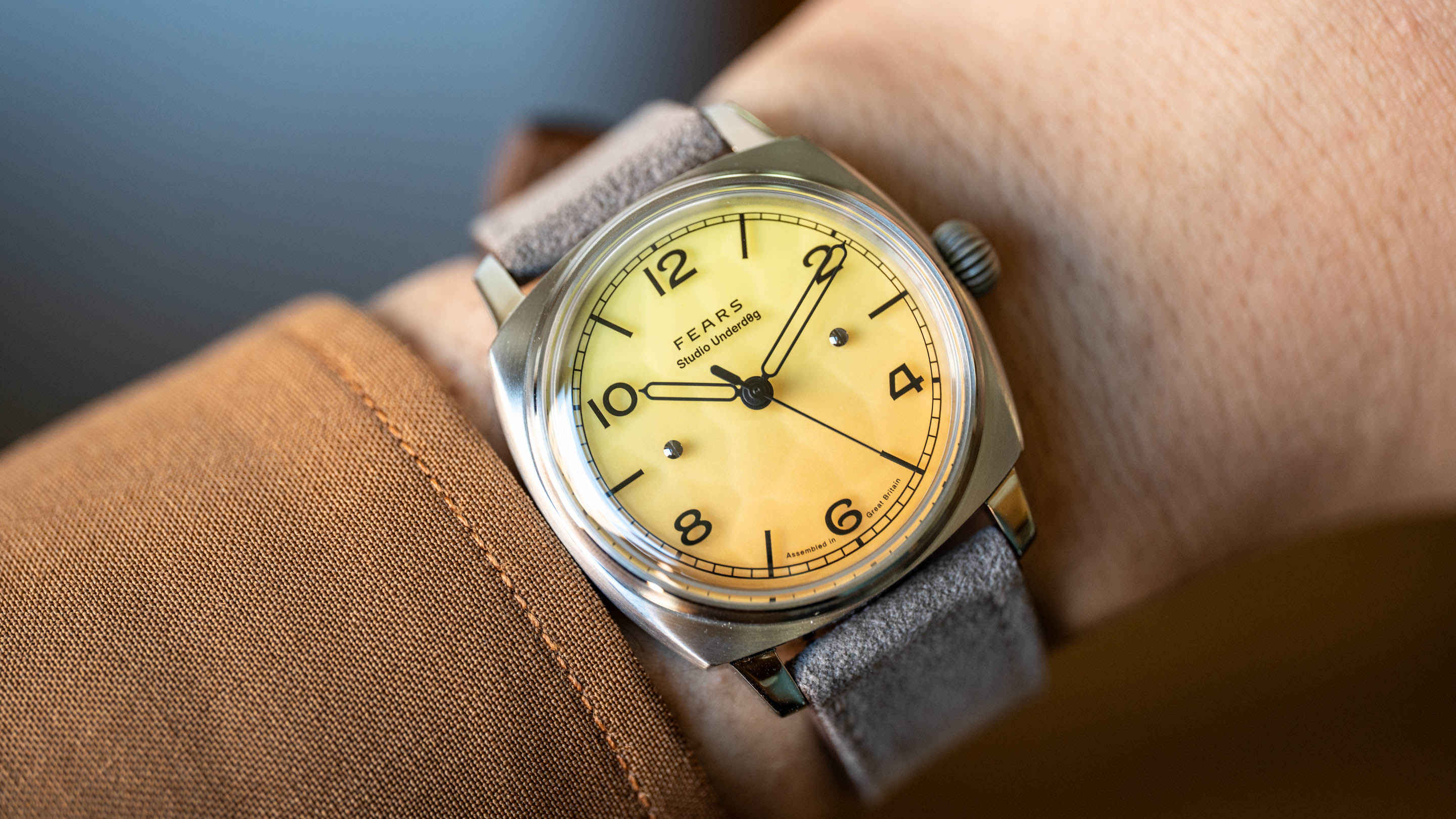


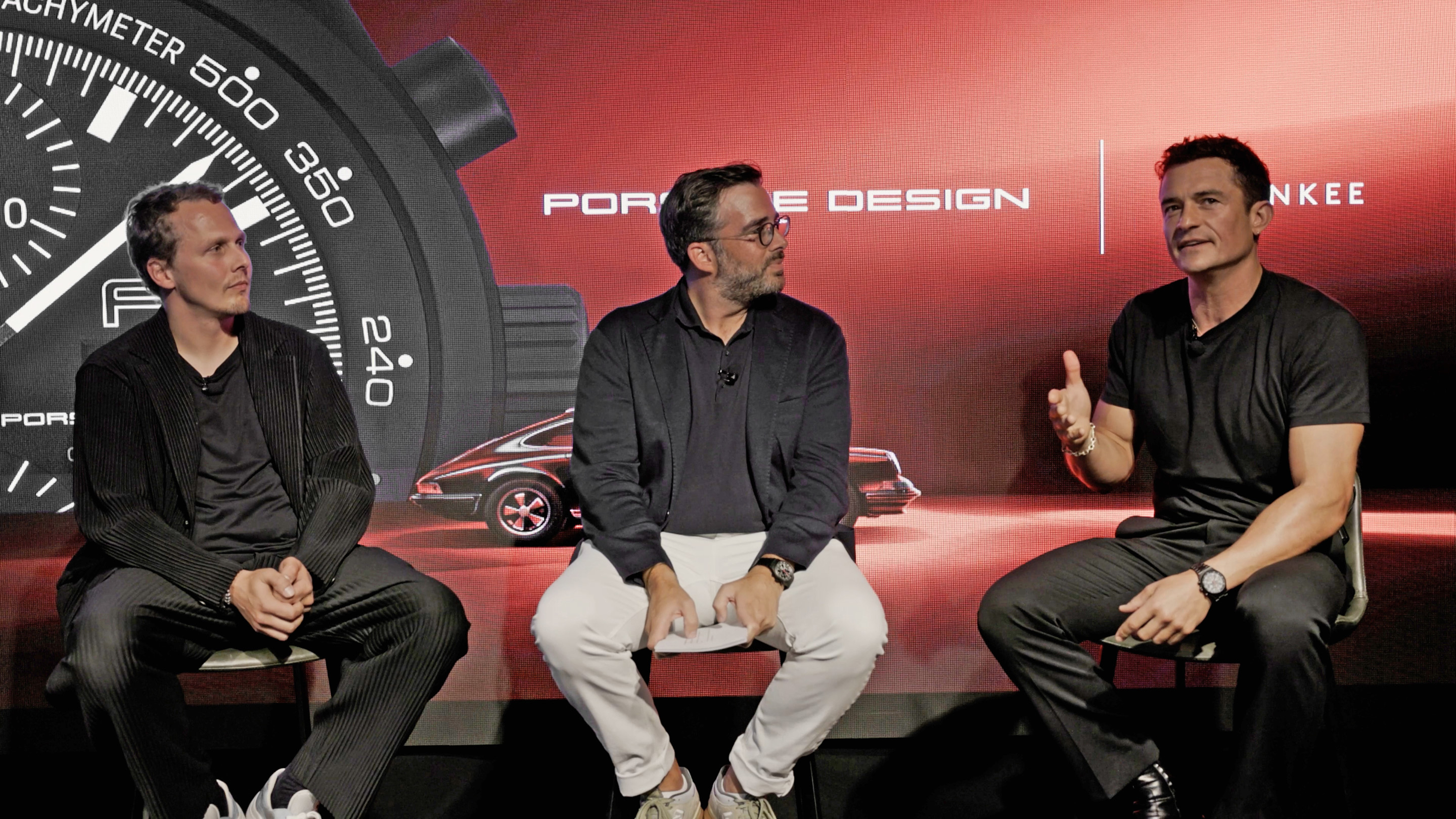
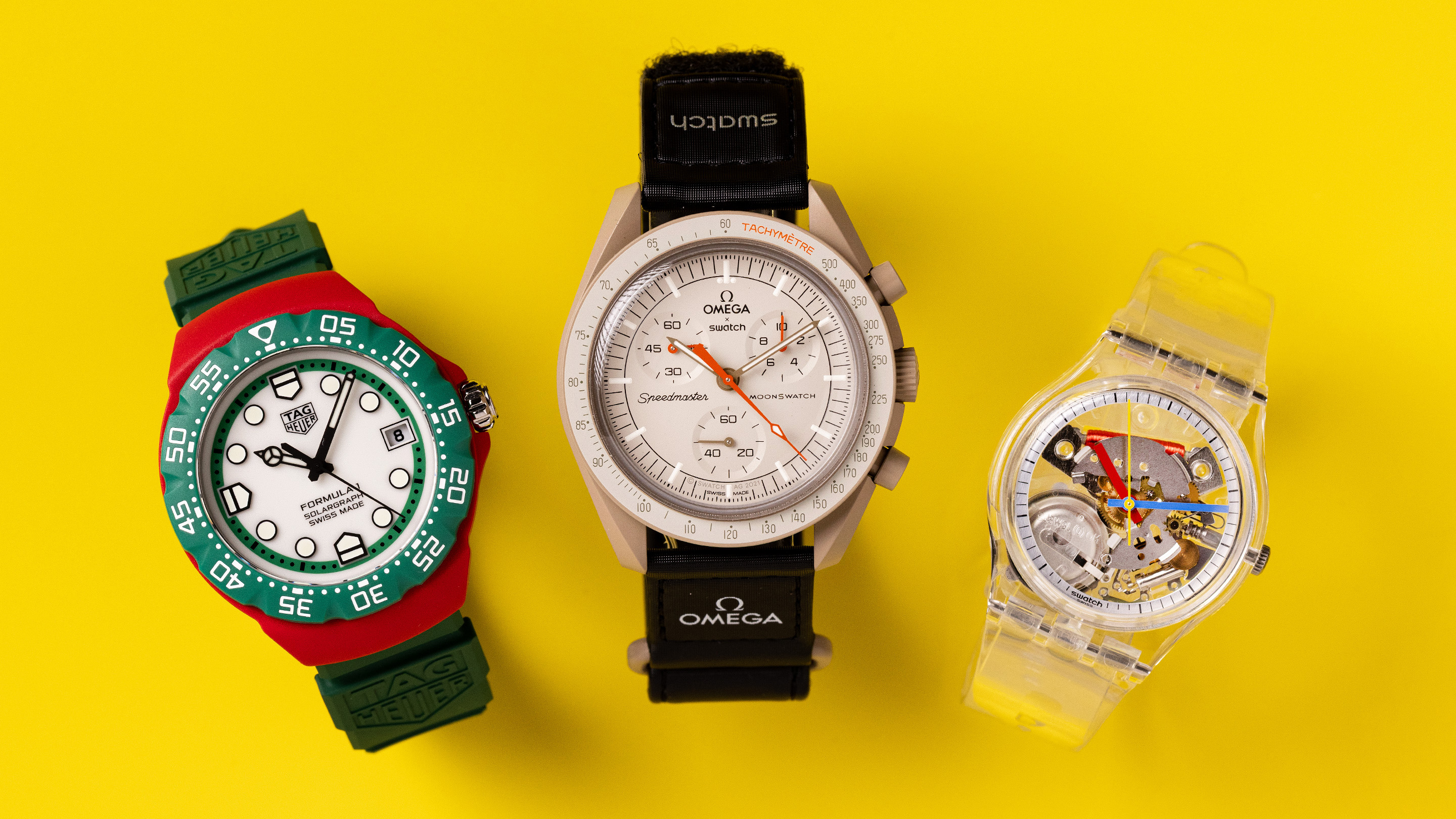
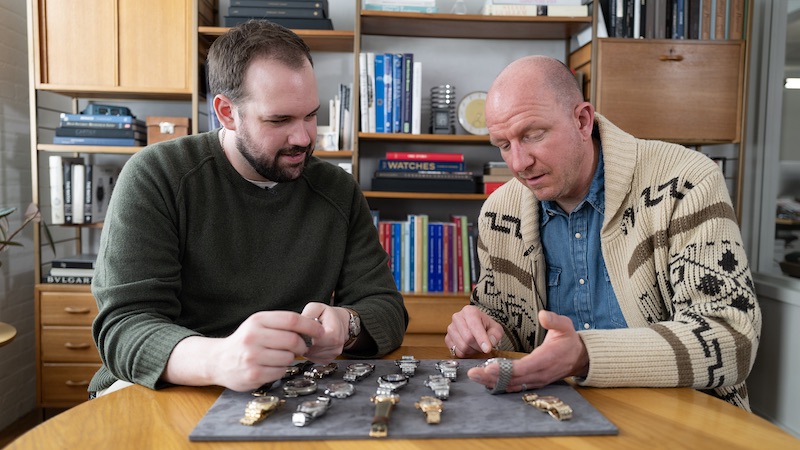











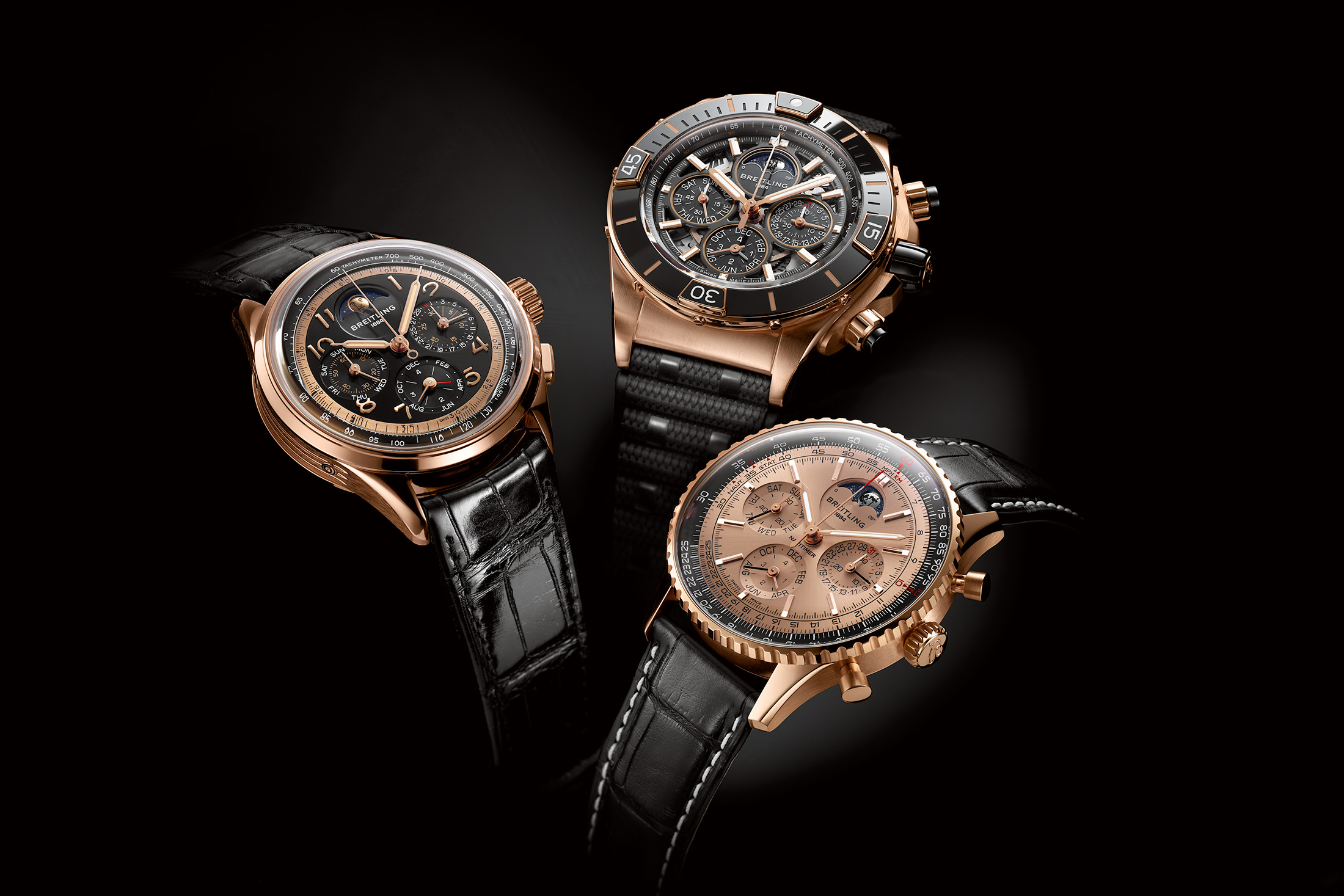



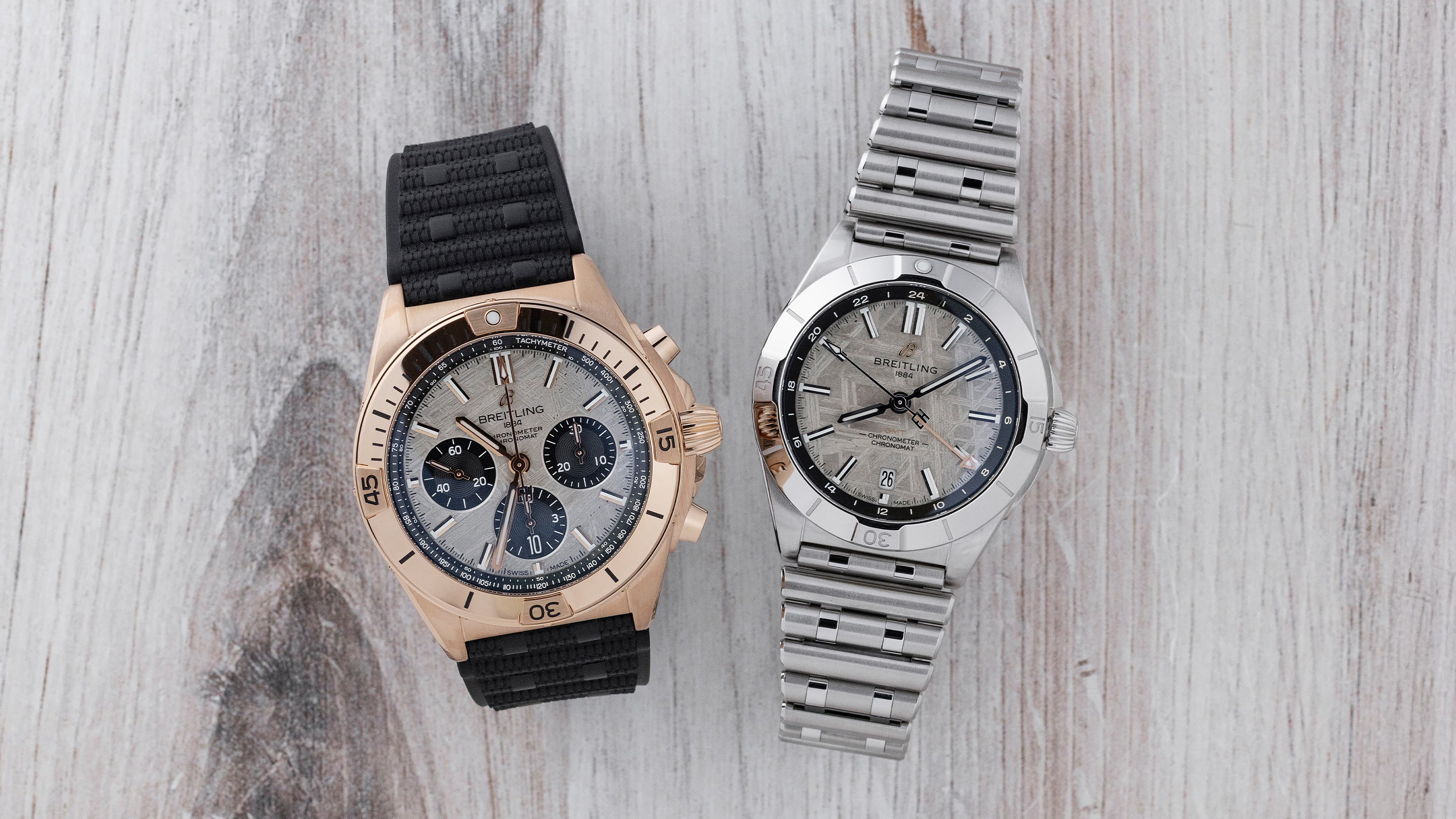
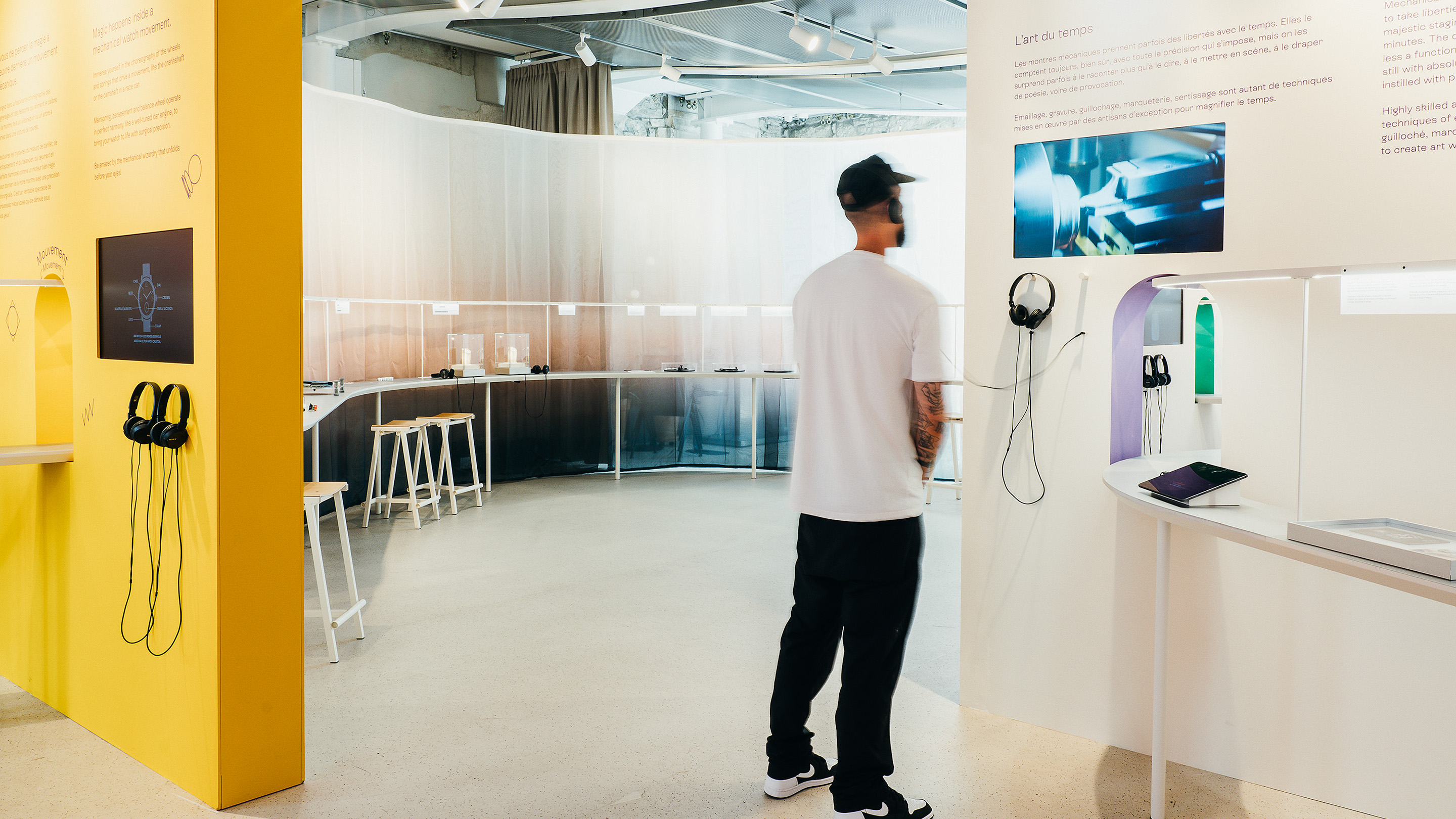



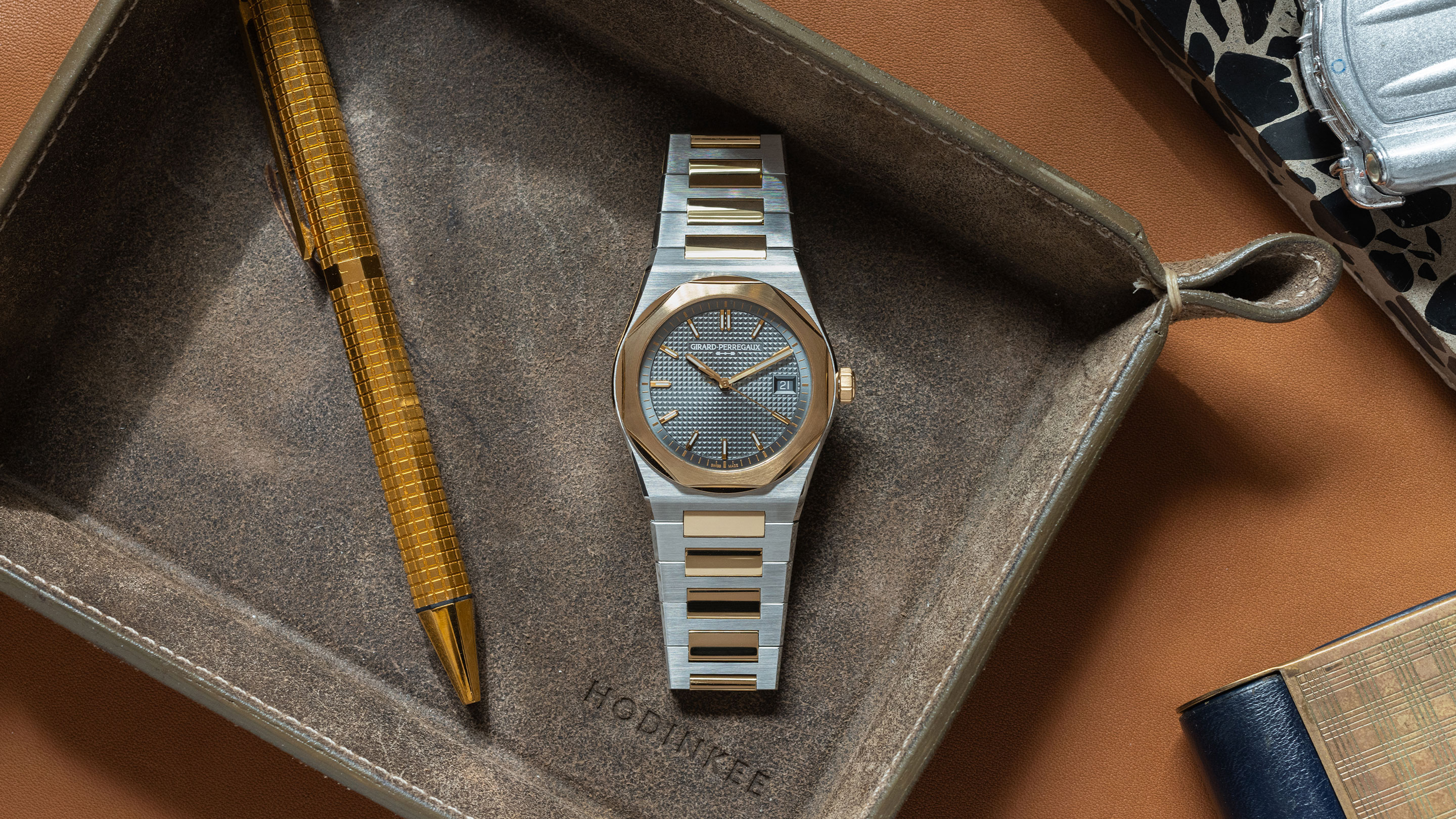

Top Discussions
Breaking NewsA Yellow Gold Rolex ref. 6062 Sets Record for the Reference, Third Most Expensive Rolex Ever Sold, At $6.2 Million
Photo ReportInside Mike Wood’s ‘For Exhibition Only’: A Private Rolex Collection On Limited Display
IntroducingSeiko Brings Back The 'Rotocall', A Digital Quartz Reissue That Turns Our Bezel